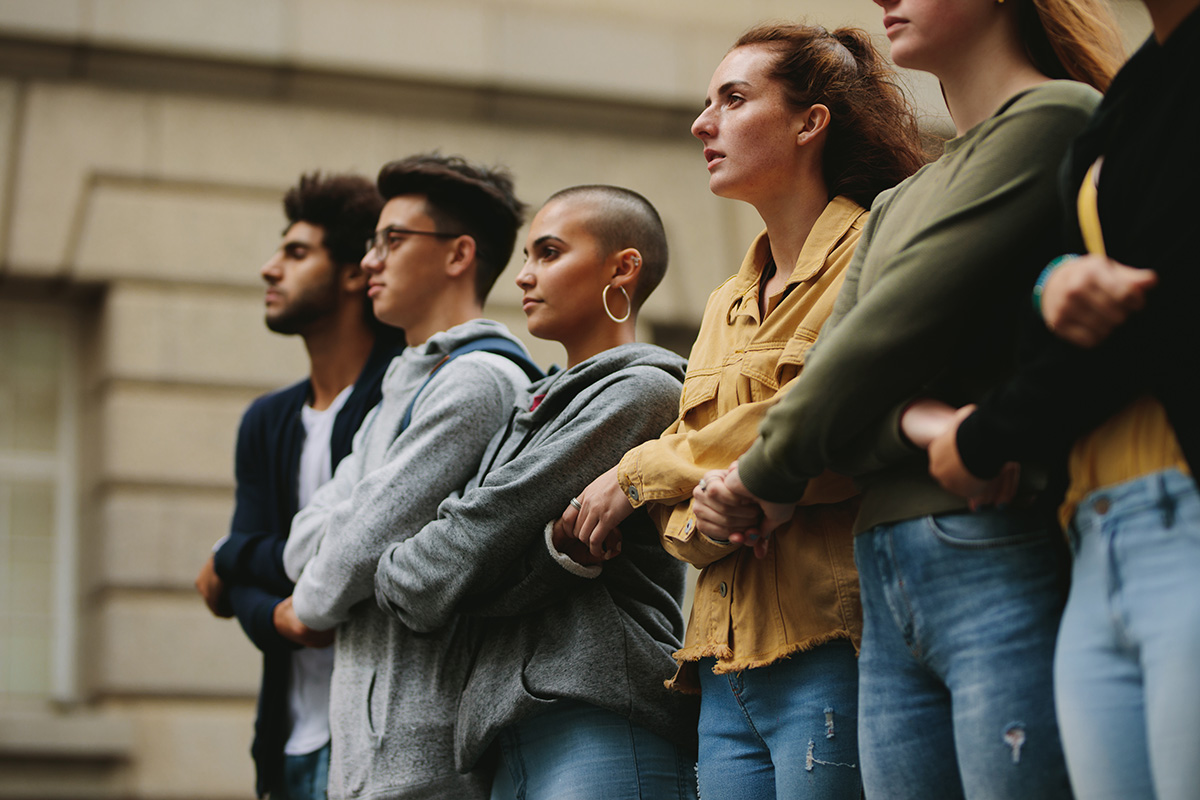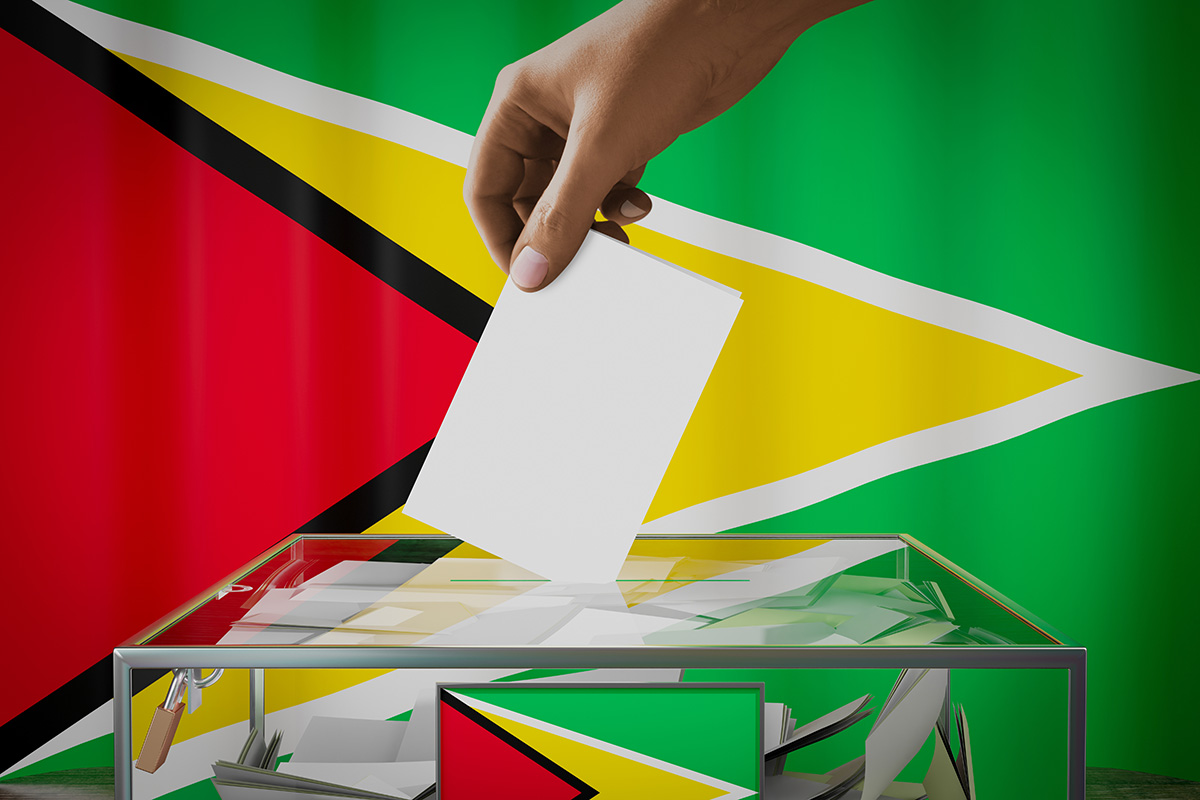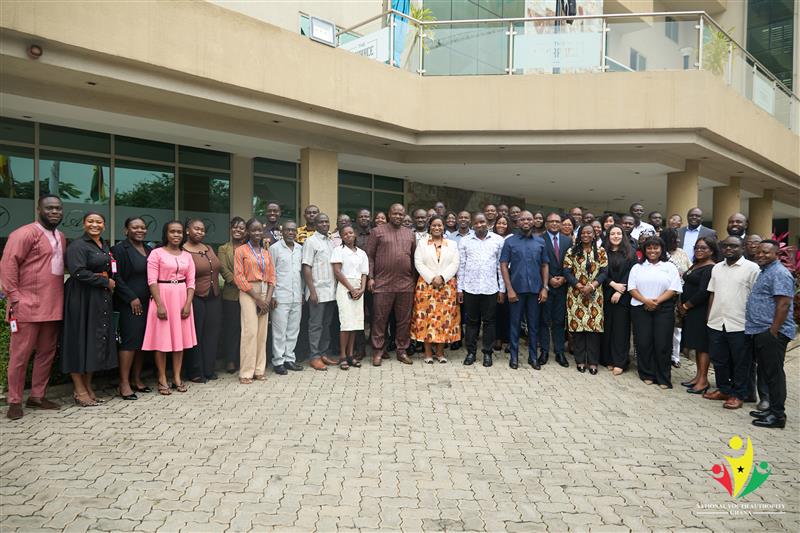Empowering Youth for Greater Civic Engagement: Building Inclusive, Responsive, and Resilient Democracies
October 3by Aarul Bhalekar
A democracy is considerate, responsible, resistant, and for it to be healthy, it has to include everyone. Peculiar to all of these values is civil obedience: the involvement of citizens in the processes of political decision making.
There is no better force for participation in the exercises of democracy in today’s societies than young people. Around the world, young people are taking on leadership roles by raising their voices, provoking change and transforming politics, and in the manner in which they exercise their rights in their democracies. Their innovation, vigour and flexibility are transforming the governance terrain by increasing the openness, responsiveness, and accessibility of government. This article focuses on the political activation of the youth to foster increased democracy that is useful in the 21st century.
Youth and Change Making Process and Policy Engagement
Youth are at the strategic centre to shape political and social change and bring newness to vociferous civic involvement. The fact that in most cases, the insights of young people do not align with those of the older generation, contributes to solutions being found to various modern problems, including climate change, economic inequality, and cybersecurity. Social activism by youths has in recent past become common; this shows that youths are not just conformists waiting for policies to be made for them, they rather be agents of change.
The protest which took place in United States and known as March for Our Lives, initiated by students after an unprecedented act of mass shooting, was brilliant example of youth as policy makers. The movement also caused the legislative type of response that sought to eliminate the use of firearms through gun control. Through the Climate Strikes formerly known as Fridays for Future, demonstrators in Chile prompted the government there to be more serious in their approach towards climate change. Such movements demonstrate the ability of youths to organise the society, shape attitude and opinion and demand accountability from authorities.
Challenges in Youth Engagement with Democratic Processes
These “enthusiastic” citizens are disenfranchised by a wide range of institutional barriers, including age qualifications imposed upon voting, access restriction from political platforms, and even inflexible bureaucratic systems. Often under-represented in political offices and decision-making positions in most countries, these groups end up locked in a vicious cycle of disengagement and further marginalization.
Meanwhile, new-generation activists are frequently opposed by previous generations who reject their ideas as too radical or not easily put into practice. They are sometimes simply repressed, as was the case in Belarus, Myanmar, and other places, where youth-led pro-democracy movements were brutally attacked.
Moreover, the offers presented by digital platforms – promises that are unheard of regarding engagement opportunities – are matched with risks. Misinformation, cyberbullying, and digital surveillance have discredited youth-led movements. In authoritarian regimes, authorities exploit these platforms to track and suppress dissent, forcing young activists to work in increasingly constricted digital environments.
Strategies in Empowering the next generation of Civic Leaders
To overcome these challenges and fully harness the potential of youth, it is essential to implement strategies that empower the next generation of civic leaders. Some key strategies include:
1. Make electoral processes less exclusive: the voting age can be lowered as Austria and Scotland have done to encourage young involvement in politics. Political institutions should establish youth councils or advisory bodies as a means of ensuring that the voices of the youth resonate during decision-making moments.
2. Civic Education and Leadership Development: Ideally, civic education needs to provide young citizens with the tools and knowledge necessary to enter into political processes. The schooling curricula need to have civic education in both theoretical understanding and practical skills in debate, negotiation, and grassroots organizing. Programs for leadership, such as the Obama Foundation’s Leaders: Africa initiative, can develop the next generation of political leaders.
3. Leverage Technology for the Good of Society: Governments and civil society organizations should invest in creating youth-friendly, safe platforms for civic engagement. One such initiative is Taiwan’s Pol.is, which helps citizens to meaningfully and in a structured manner discuss with policymakers and demonstrate how technology can be used in order to bridge the gap between government and young citizens. In addition, digital literacy programs need to be scaled up so that youth will be empowered with the necessary capabilities to use online spaces responsibly and critically.
4. Intergenerational Dialogue as an Empowerment: Building a bridge between young people and the older generation fosters understanding and mutual collaboration. Governments and civil societies may host forums that bring young people into dialogue with seasoned leaders, thus transcending their views into policy.
5. Representation of Inclusiveness: Political parties and movements should actively seek to attract young candidates and ensure that the agendas lay the matters most important for youth to be meaningfully responded to. This would increase positive youth representation in government and signal that their matters were serious to be taken.
Case Studies of Youth-led Movements for Better Governance
The Manich Msameh movement, inspired by youths activists in Tunisia, halted a law that would have granted amnesty to corrupt officials. In resisting and pushing back the antidemocratic moves of corrupt leaders following the Arab Spring in Tunisia, youths staged street protests and generated heightened social media awareness once those leaders attempted to normalize their antidemocratic moves. The case of Tunisia suggests the need for youth activism in protecting democracy.
The Youth Parliament Program for the students and young professionals in India conducts mock parliamentary sessions to discuss critical political issues. It has not only spread political awareness among the youth but also provided them with direct influence over the projects submitted to the government at the national level.
Conclusion: Youth Voice in Enhancing Democratic Resilience
When democratic systems face increased challenges from authoritarianism to climate change, time is certainly ripe to include the voice of young people in local, national, and global decision-making processes.
Youth bring fresh perspectives, innovative solutions, and passion for change in resuscitating democratic systems. Societies can construct a more inclusive, responsive, and resilient democracy with empowered youth through education, technology, and institutional reforms. Youths are not only the future; they are also the present. Their voices must be heard, and their efforts valued if democracies are ever to evolve and flourish in an increasingly complex world. The more we get young people participating in civic activities, the more democracy will become a vibrant force for good and, most importantly, inclusive enough to meet the challenges of the 21st century.
Aarul Bhalekar is an aspiring urban planner from India who is deeply engaged in policy research. His interests extend to fostering citizen participation, exploring the dynamics of real estate, and contributing thought-provoking articles, blogs, and opinion editorials on urban issues. He is passionate about shaping resilient and inclusive cities through research, collaboration, and informed discourse.
References:-
- Al Bawsala. (2012). Tunisian Parliamentary Monitoring Organization. Retrieved from https://www.albawsala.com
- Ushahidi. (2008). Crowdsourcing Crisis Information. Retrieved from https://www.ushahidi.com
- “Fees Must Fall” Movement, South Africa. (2015). BBC News. South Africa’s Fees Must Fall protests: What you need to know. Retrieved from https://www.bbc.com/news/world-africa-34617312
- #EndSARS Movement. (2020). The Guardian. How Nigeria’s youth-led EndSARS movement is pushing for police reform. Retrieved from https://www.theguardian.com
- March for Our Lives. (2018). Gun Control Advocacy by Youth Leaders. Retrieved from https://marchforourlives.com Hoskins, B., & Saisana, M. (2008). Measuring Active Citizenship through the Development of a Composite Indicator. Social Indicators Research, 90(3), 459–488. Retrieved from https://link.springer.com/article/10.1007/s11205-008-9271-2
- United Nations Development Programme (UNDP). (2013). Enhancing Youth Political Participation throughout the Electoral Cycle. A UNDP Guide to Youth Participation in Elections. Retrieved from https://www.undp.org/publications/guide-youth-political-participation-electoral-cycle
- Prensky, M. (2001). Digital Natives, Digital Immigrants. On the Horizon, 9(5). Retrieved from https://www.marcprensky.com/writing/Prensky%20-%20Digital%20Natives,%20Digital%20Immigrants%20-%20Part1.pdf
- Jenkins, H. (2006). Convergence Culture: Where Old and New Media Collide. New York University Press.
- Commonwealth Secretariat. (2016). Youth Participation in Governance and Decision-Making: A Review of Literature and Theoretical Perspectives. Retrieved from https://thecommonwealth.org
- United Nations Youth Envoy. (2020). Youth and COVID-19: Response, Recovery, and Resilience. Retrieved from https://www.un.org/youthenvoy/youth-and-covid-19-response-recovery-and-resilience/




